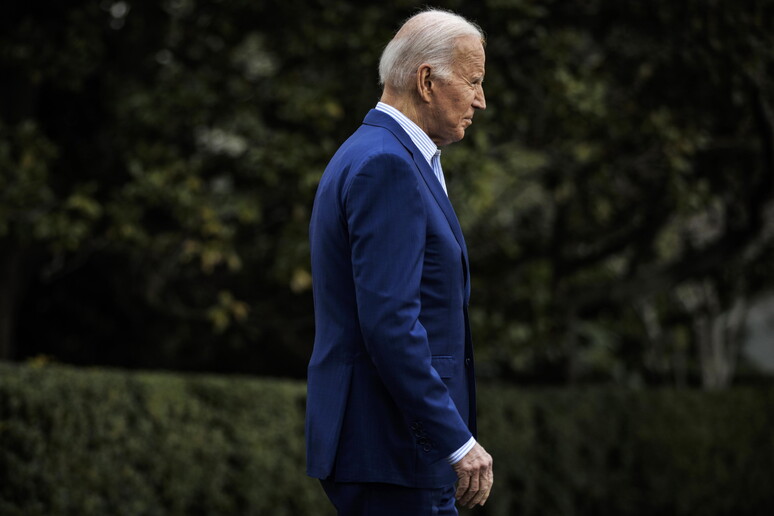(by Alessio Jacona*) New Hampshire,
the third weekend in January.
There are just a few hours to go before the primaries for the
2024 presidential elections, and in an unspecified number of
homes (some say less than 5,000) the phone starts ringing. It
sounds like a normal robocall, an automated call to transmit a
recorded message, but instead it is a deepfake: in it, in fact,
the cloned voice of US President Joe Biden can be heard urging
Democratic voters not to go to the polls.
"It's important that you save your vote for the November
election….voting this Tuesday only enables the Republicans in
their quest to elect Donald Trump again," says the incredibly
presidential-like voice, adding: "Your vote makes a difference
in November, not this Tuesday."
Although the circulation of deepfakes during elections is now
beginning to be an infamous problem, this is perhaps the first
time someone has tried to simultaneously use voice cloning with
AI along with the old - but precisely for this reason familiar
and pervasive - technology of robocalls.
The fraud was all the more credible for the fact that, as
reported by NBC, the call ended by giving the phone number of
Kathy Sullivan, former chairman of the New Hampshire Democratic
Party and leader of a committee supporting President Biden's
re-election, as the contact person to call to ask to be barred
from future calls. This is also worrying because it appears to
be primarily a test, a dress rehearsal in readiness for more
sophisticated and potentially more effective disinformation
campaigns in future.
The incident in New Hampshire is causing a lot of concern both
in the United States and in the rest of the world: as The
Economist reminds us, in 2024 there will be elections in 76
countries and around 51% of the world's population will be
called to the polls.
Voting will take place in countries such as the United States
and Russia, but also in Brazil, Mexico, Pakistan, Indonesia and
in Europe, with 400 million citizens in 27 countries called to
elect their representatives to the European parliament. It will
be the 'biggest election year in history', and over it hangs the
heavy sword of Damocles of deep fakes.
Deep fakes that are now much easier to create thanks to the
spread of services based on generative AI, and which can
potentially be used anywhere to manipulate and deceive voters.
*Journalist, innovation expert and editor of the ANSA.it
Artificial Intelligence Observatory
ALL RIGHTS RESERVED © Copyright ANSA











